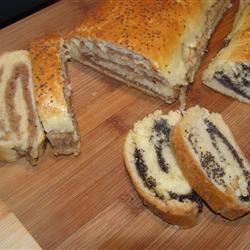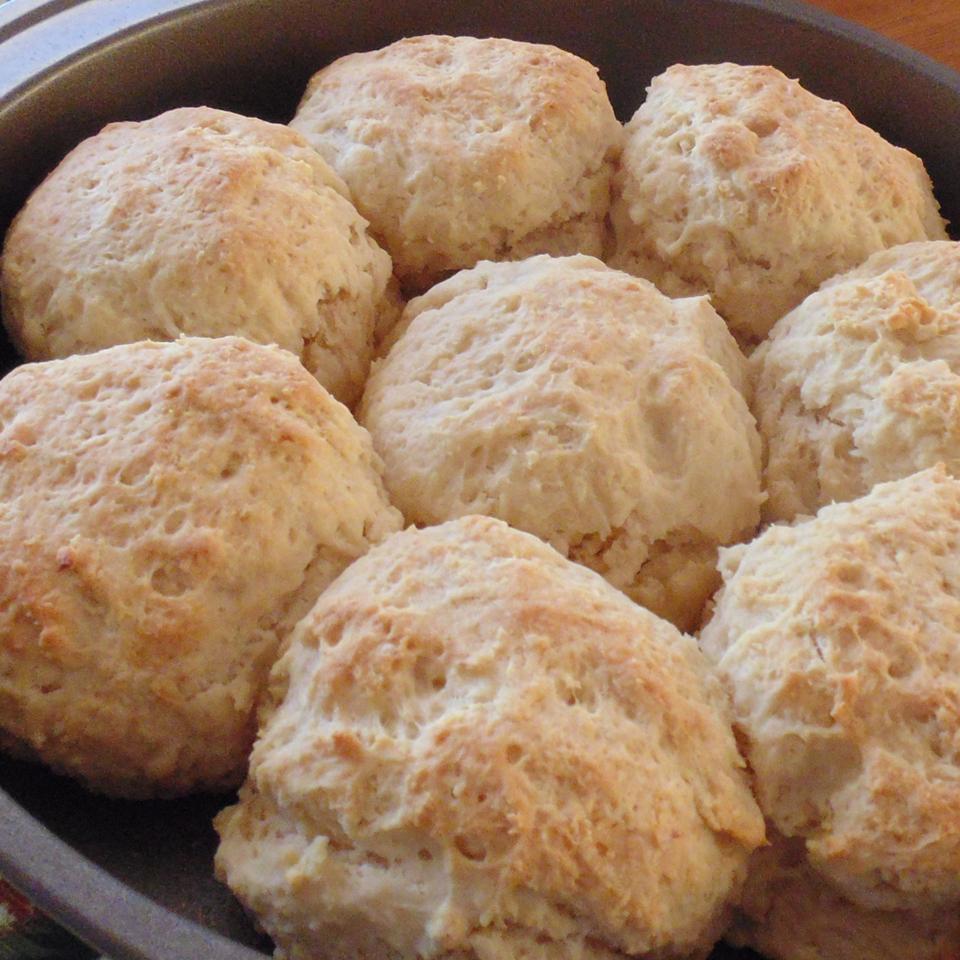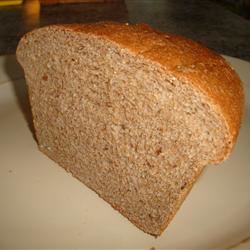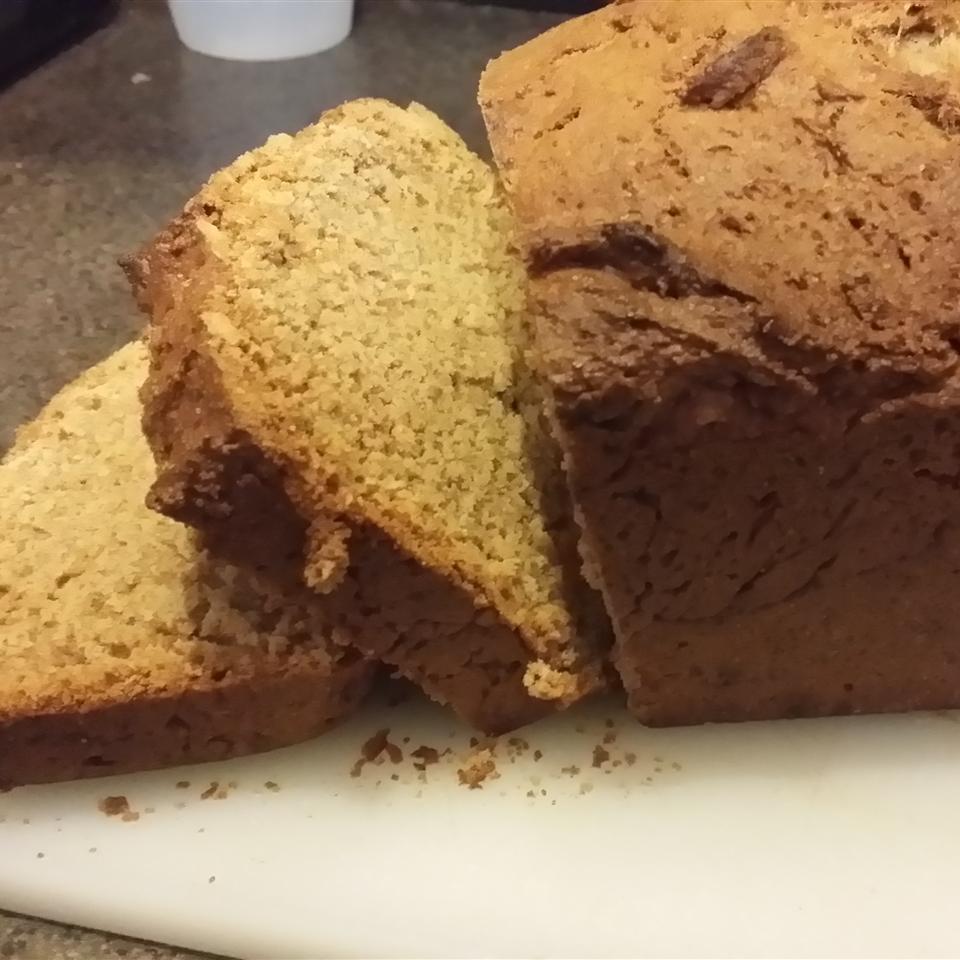Hungarian Beigli

This is a traditional walnut roll which is served in many Hungarian families at Christmas and Easter as a special treat. This recipe has been handed down in my family for generations. The preparation takes time, plus the dough needs an hour and 30 minutes of resting time, but the result is well worth the effort!
INGRIDIENT
DIRECTION
Step: 1
Combine the 5 tablespoons sugar, butter, egg yolks, and sour cream in the bowl of a food processor fitted with the dough blade and process well. Add the flour and yeast and process until the dough comes together. If the dough feels too wet, add a little more flour; if it’s too dry, add milk a tablespoon at a time. The dough should be moist and easy to work with.
Step: 2
Shape the dough into a ball, cover with a damp towel, and set aside. To make the filling, heat the milk and 1 cup sugar in a saucepan until the sugar dissolves and the mixture has a syrupy consistency. Add the chopped walnuts and stir to combine. Remove the saucepan from the heat; stir in the lemon zest and raisins, and let filling cool.
Step: 3
Divide the dough into three pieces. Roll one piece of dough out on a lightly floured surface to form a long rectangle about a 1/4-inch thick; keep the remaining dough covered. Spread 1/3 of the walnut filling on the dough, leaving about an inch of dough at each edge. Roll the dough up to form a log, and press to seal. Place the dough, seam-side down, on a parchment-lined baking sheet. Repeat with the remaining dough and filling.
Step: 4
Beat the egg with the tablespoon of water to make an egg wash. Brush the loaves with egg wash and let rest for 1 hour in a warm place. After the dough has risen, brush it again with egg wash and put the baking tray in the refrigerator for 30 minutes (this will give the dough a shiny finish).
Step: 5
Preheat an oven to 375 degrees F (190 degrees C).
Step: 6
Bake the loaves until they’re a deep golden brown, about 35 to 45 minutes.
NUTRITION FACT
Per Serving: 314 calories; protein 5.5g; carbohydrates 32.8g; fat 18.9g; cholesterol 57.9mg; sodium 279.2mg.
The quality of the flour can make a real deal to your bread. Different brands do vary. Great taste or Canadian flours, which are naturally higher in gluten, may give you a best rise than standard dough flours – especially if you’re making wholemeal dough , which doesn’t always rise as well as white bread.
To made this in a breadmaker , add all the menus to your breadmaker and follow the manufacturer’s instructions.
A bread first rising can be make in the fridge 24 hours . This slows down the time it takes to rise to double its size, giving it a deeper flavour. It’s also a great timesaver , as you can work it yesterday , then clear it off the next day.





